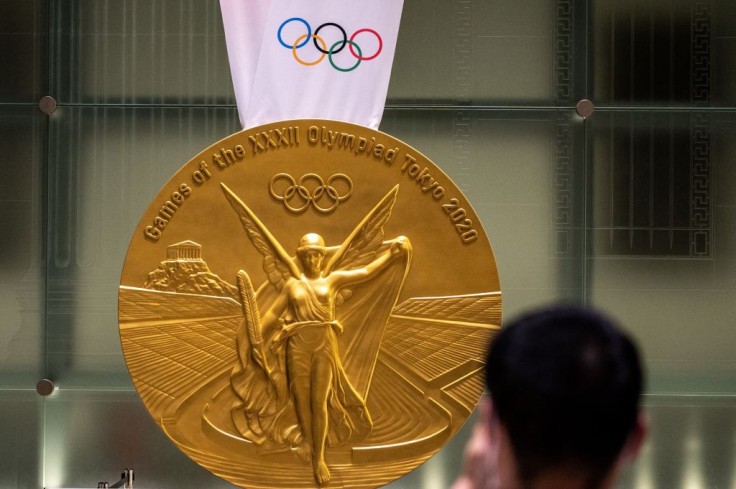
It will be a different experience for families of Team USA following the barring of spectators from flying to the Tokyo Olympics to watch the competitions live due to risks of virus infection. Instead, they will be converging in Orlando, Florida, where a special remote viewing and cheering hub for family members has been prepared.
According to The Wall Street Journal, NBCUniversal, which has the media rights to air the Tokyo Olympics in the U.S., has set up the hub for Team USA families in Orlando. Cameras will also be placed around the venue to catch the reaction of the parents, siblings, spouses, and other relatives of the athletes as they watch the games in a different time zone from 7,200 miles away.
The Tokyo Olympics will take place for 17 days, beginning with the opening on July 23. NBCUniversal expects the family members to come and go at the viewing hub, which will still enforce COVID-19 safety measures. In Colorado, a hub will also be set up for Team USA's Paralympics athletes for their matches on Aug. 26 to 29.
Why Tokyo Olympics Banned Families
The committee announced in March 2021 that international spectators would not be allowed at the games, including parents and families of the athletes. As new variants of COVID-19 are emerging and spreading globally, the Olympic organizers said in a statement that they would like to ensure the safety of everyone, including the Japanese public. Vaccination in Japan is currently at 31 percent.
"Health is number one, obviously. Safety is number one," Team USA beach volleyball Olympian April Ross said following the announcement and suggested that, while the situation is a blow, family members in the U.S. can still cheer from home or host Olympic parties.
As it is, Tokyo will be hosting the Olympics under a State of Emergency, which means that the usual protocols will be restricted and limited, as the cases in the city have been increasing since June. Despite the low level of hospitalization, countermeasures have to be adopted during the games. For instance, the athletes who win medals will have to hang these themselves on their necks in observance of social distancing.
There will be 42 Olympic venues around Tokyo and nearby prefectures. At least three venues in Miyagi, Fukushima, and Shizuoka are allowed 50 percent capacity for Japanese residents only.
COVID-19 Risks Management Criticized
The Tokyo Olympics was supposed to take place in mid-2020 but was moved one year later due to the pandemic. It gave the committee some time to prepare for a COVID-safe event, but some infectious disease experts said the country is not managing the risks effectively.
Peter Chin-Hong of the University of California, San Francisco, warned that the games could have the potential to be a "global superspreading event." However, the International Olympic Committee (IOC) officials said they require all athletes to take two tests, either a polymerase chain reaction (PCR) or antigen test, within 96 hours of their arrival to Japan. The athletes are also required to undergo a rapid saliva-based test at the immigration.
Related Article: Families With Unvaccinated Children Try To Navigate COVID-19 Risks
Olympians who tested negative could enter the Olympic Village, while those with positive or inconclusive results will have to quarantine until they have a negative PCR test. All athletes will have to undergo daily health checks and a saliva test.
However, as of July 14, the Japanese quarantine hotel for the Brazilian Olympic team has developed into a COVID-19 cluster, with both athletes and hotel staff getting a positive result. Russia's rugby team is also in isolation after one tested positive.